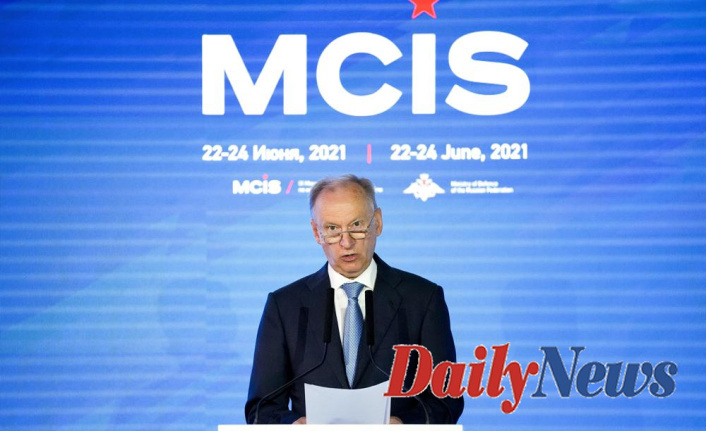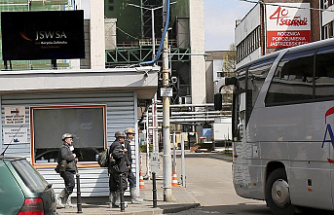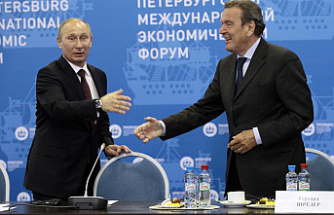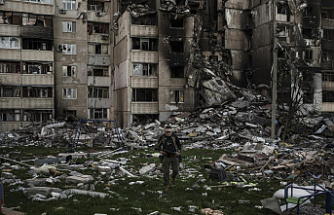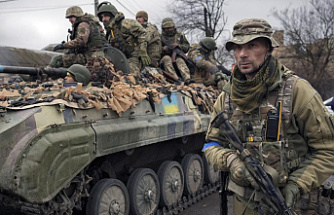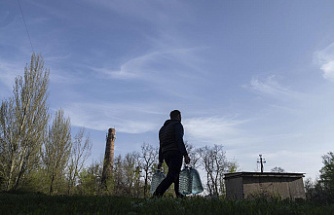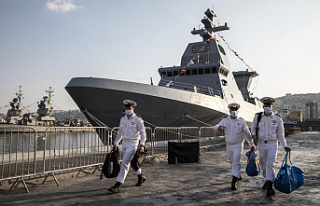Serbia's progovernment media reported Monday that Nikolai Patrushev (the powerful secretary to the Kremlin Security Council) is expected to arrive in Belgrade in coming days for talks. Moscow has not made any announcements about Patrushev’s trip.
According to reports, the talks will focus on Moscow's claim that "mercenaries from Albania, Kosovo, and Bosnia" are being sent by those Balkan states to fight against the pro-Russian rebels in Ukraine.
These claims were made last week by Sergei Lavrov, Russian Foreign Minister. Officials from Bosnia, Kosovo, and Albania have denied them.
According to Russian TASS news agency Lavrov, "There is information that mercenaries have been recruited in Kosovo, Albania, Bosnia and Herzegovina in order to knock Russia out balance and send them places including Donbass," Lavrov stated. He was referring to rebel-held territory in eastern Ukraine. "We are currently double-checking this."
Vucic called Monday's meeting of top Serbian security officials, where they discussed reports that "mercenaries from the Balkans" were heading to Ukraine. In the past, dozens of Serb fighters fought in eastern Ukraine but were on the side with the pro-Russia rebels.
Serbia has declared its neutrality in the Russia/Ukraine standoff, which threatens to lead to a major war across Europe. Serbia's state-controlled media supports Moscow in this crisis and is carrying Russian propaganda with no questions asked.
Serbia, despite formally seeking membership in the European Union, has refused to align its foreign policy with the bloc of 27 nations. Instead, it has strengthened its economic, political and military ties with Russia, China, and China.
Vucic, an increasingly autocratic leader, launched his campaign by declaring that Serbia, despite being in power, will not join NATO. He also stated that it will continue to maintain close ties with Moscow, Beijing, and Moscow.
The growing ties between the Slavic allies is evident in the formation of a "working group" by Serbia and Russia to combat popular revolts called "color revolutions", which the top security officials from both countries described as tools of the West to destabilize the "free" states.
Western officials accuse Kremlin's "malign" influence on the Balkans. This has fuelled a wave nationalist sentiment that threatens peace in Bosnia following its 1992-95 war. It also reignited armed conflict over Kosovo, which split from Serbia in 2008.
Moscow denied these claims repeatedly, while maintaining that Bosnia and Serbia must not join NATO.
Bosnia is currently in a political crisis. EU foreign minsters are meeting in Brussels in an attempt to find ways to reduce tensions and prevent the country's possible disintegration. The support of Russia and Serbia is being offered by Bosnian Serbs who threaten to seperate from the federation.

